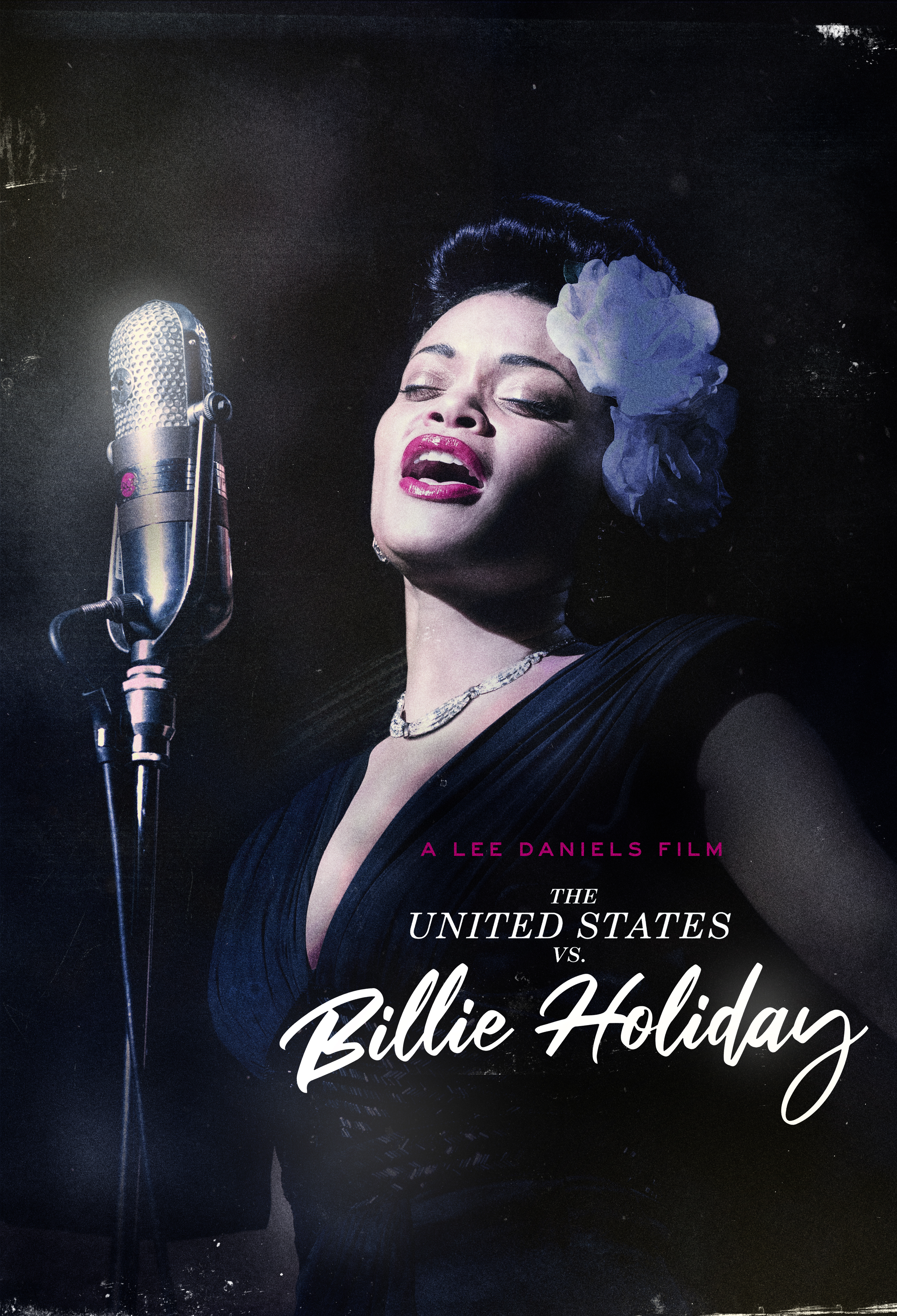Legendary jazz singer Billie Holiday becomes a target for the United States government Federal Bureau of Narcotics after her controversial 1939 song, Strange Fruit, increases in popularity. The song, which graphically and eerily describes a lynching in the Jim Crow South, ignited discussions about civil rights across America, and the US government did everything in their power to stop her from singing it.
The screenplay is based on the book Chasing the Scream by Johann Hari and the film is titled after the court case of the same name which saw Billie Holiday imprisoned for possession of narcotics.
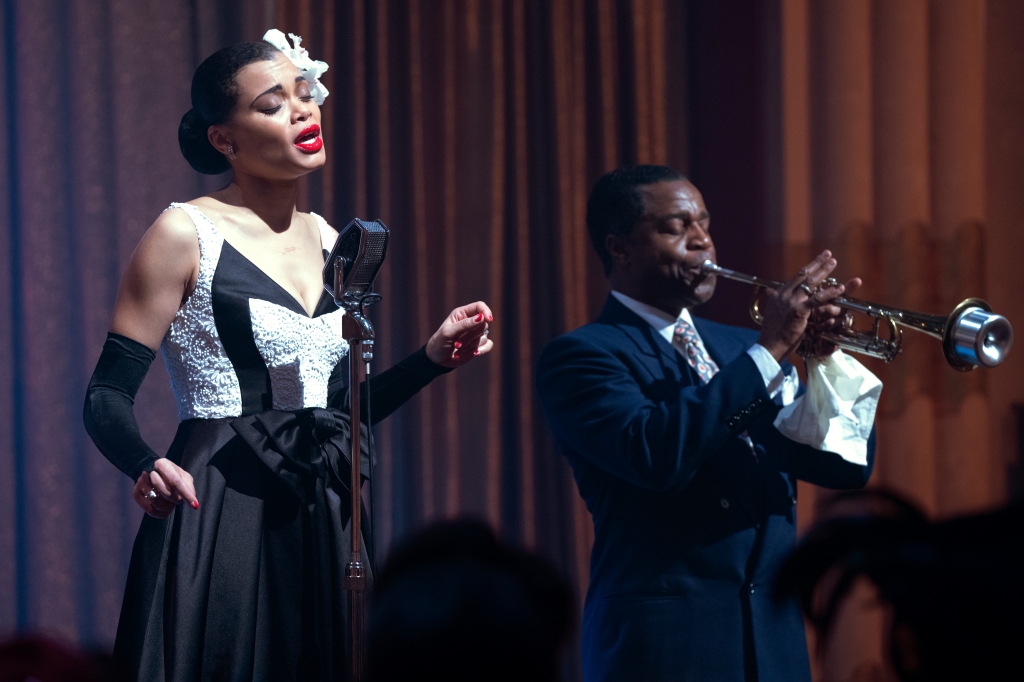
Director Lee Daniels definitely does not romanticise Holiday’s story, and gets right into the nitty gritty detail.
In the ‘70s Diana Ross won Best Actress for playing Lady Day in Lady Sings the Blues, so Andra Day had some big shoes to fill. And she did not disappoint. What a performance. Day is able to bring Billie Holiday to life for generations old and new. An outstanding feat for her first lead role, she was absolutely phenomenal and inevitably ended up winning Best Actress at the Golden Globes for it. Andra Day is undoubtedly the most memorable part of this film, as she is able to convincingly enact the vulnerabilities and changes in demeanour required to illustrate Holiday becoming more and more afflicted by drug addiction.
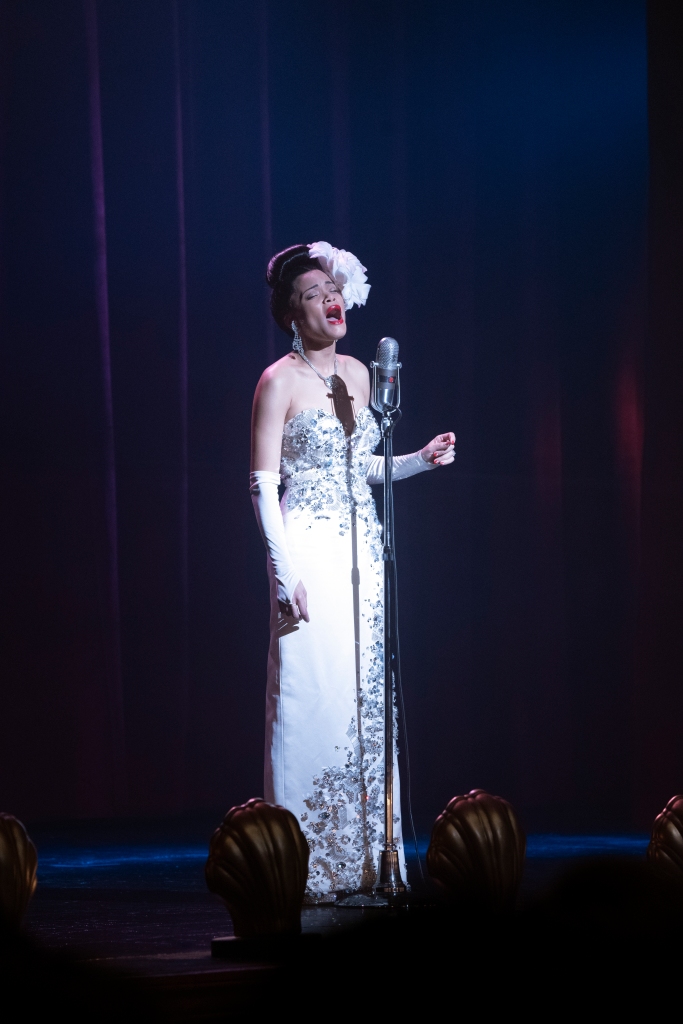
This film did a brilliant job of depicting 1940s America, from set design to costumes and hair and make-up. The accurate references must also be commended when you consider known facts about Billie Holiday such as her love for dogs, and her friendship with saxophonist Lester Young, portrayed by Tyler James Williams (great casting call btw).
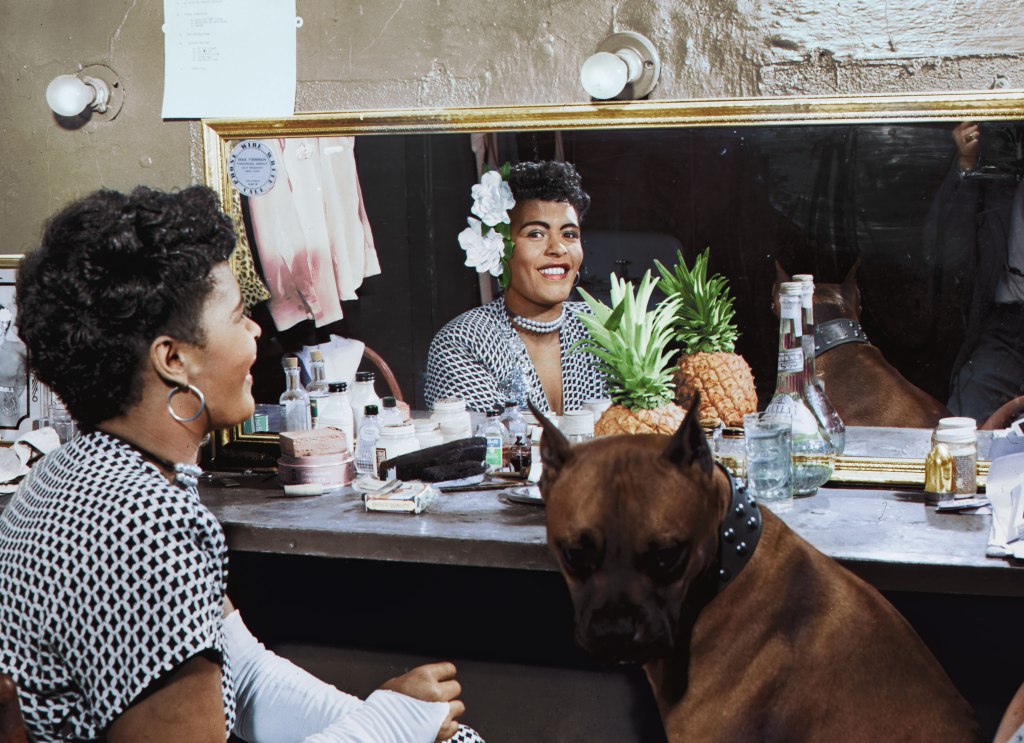
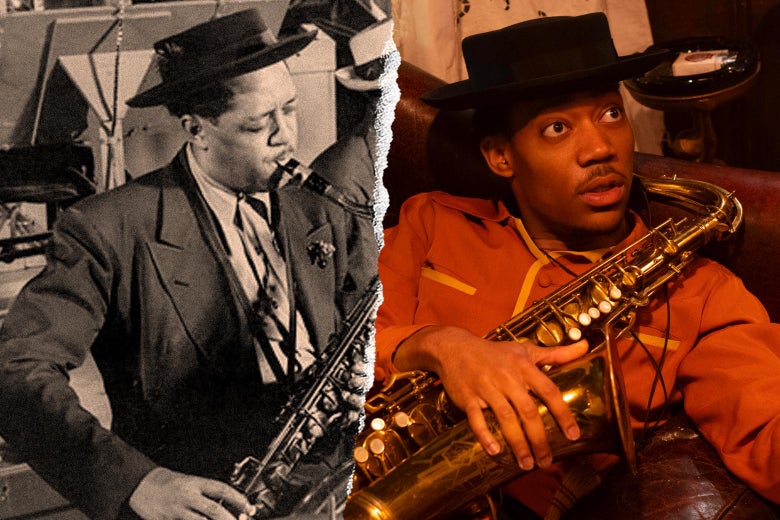
Another exceptional part of this film is the segment in which we are transported into Billie’s childhood. It’s almost like a dream sequence in which the dreamer is under the influence of drugs but it is powerful and captivatingly shot. It struck me as concerning to realise that so many musicians of this era had turbulent childhoods, e.g Eartha Kitt and Etta James. That aside, I really enjoy what jazz music represented in terms of self-expression, and at the time, resistance. I just wish we saw more of this in the story of this film.
The acting in this film makes up for a somewhat unstructured plotline. The narrative was unfocused, I was left wondering if the film was about the war on drugs as much as it was about Billie Holiday? Lee Daniels insists this was not a biopic but rather a biographical drama detailing events of Holiday’s life and her entanglements with addiction and the law… so a biopic then?
It would’ve been nice to see more from the star-studded cast which included Rob Morgan, Trevante Rhodes, Natasha Lyonne, Da’Vine Joy Randolph and more. It feels like the characters these actors portrayed are only shown briefly, without much depth or exploration into their identities or their relationship to Billie Holiday.
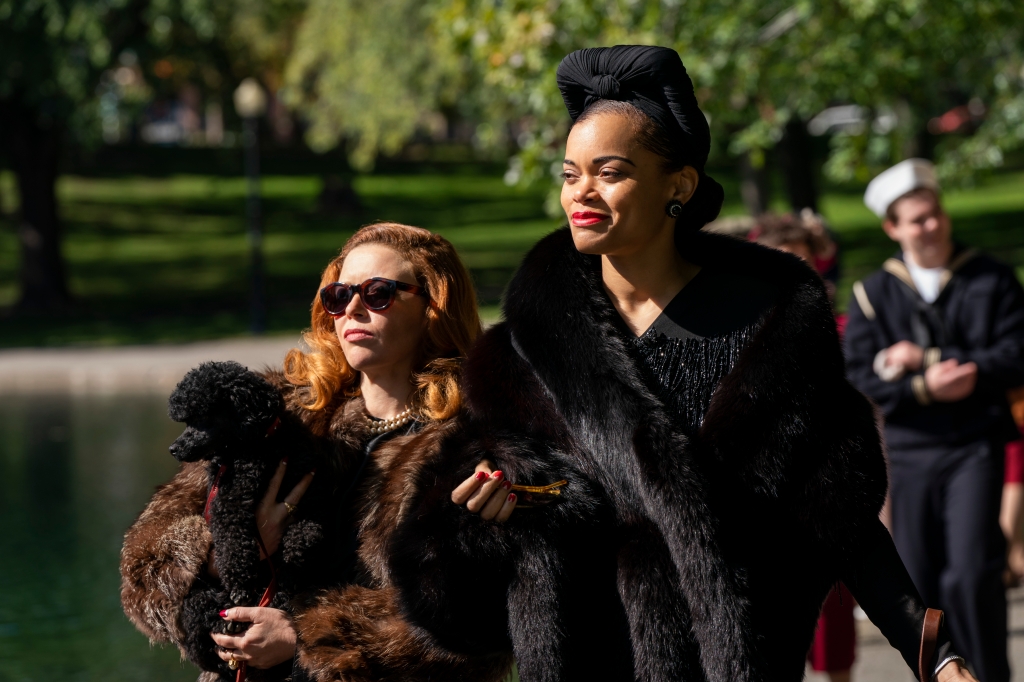
Character development was particularly lacking in Billie Holiday’s romantic relationships. We don’t even really get to see and understand who Billie is, rather we just see things happening to her, and her character is not grounded enough for us to connect and identify with her as a person outside of her trauma.

While there are admirable elements of this film, and the performances have rightfully and justifiably garnered praise, the direction of the story seemed unclear. They tried to do too many things and had a hard time making the story seamless. The questionable pacing made it feel choppy and we as the audience weren’t given enough time to sit with each element. If they had stuck to an aspect or two and made a narrative with that, for example, the song Strange Fruit, it’s composition, reaction from the Black community and reaction from the government, it would’ve been a more cohesive story. I would’ve loved for them to show us rather than tell us what Billie Holiday’s music did for the Black community and the civil rights movement as a whole.
Watch The United States vs. Billie Holiday on Sky Cinema or Hulu.

